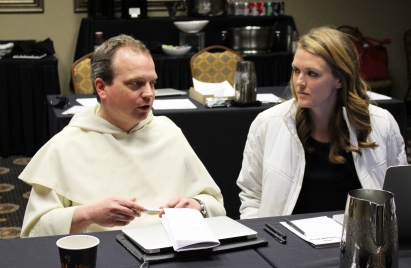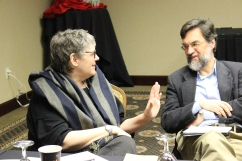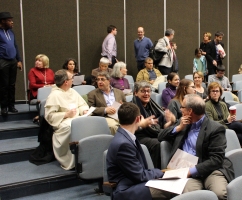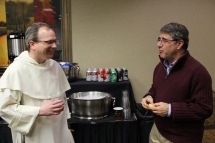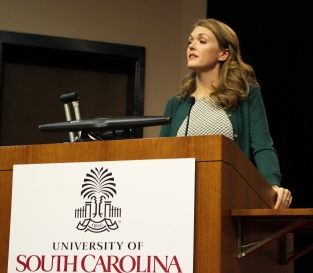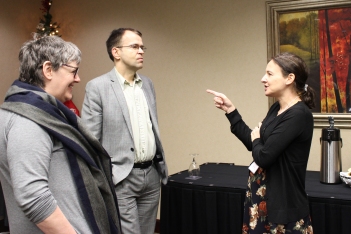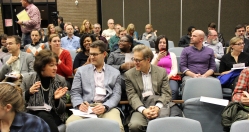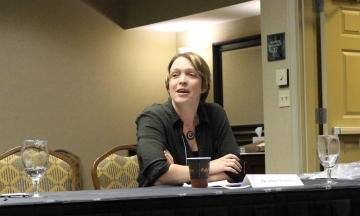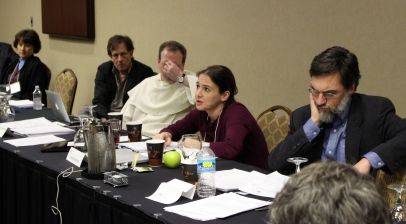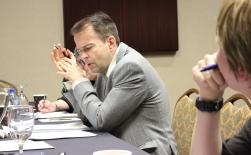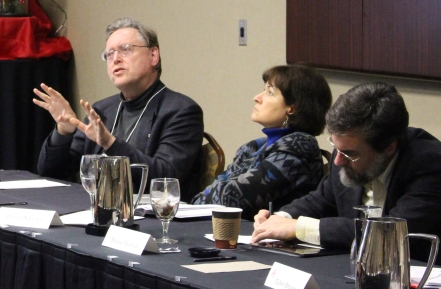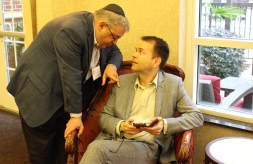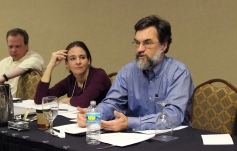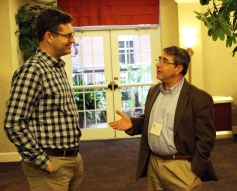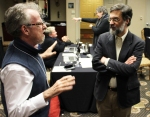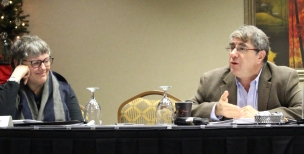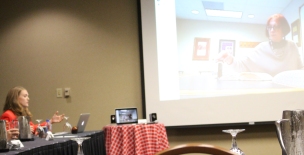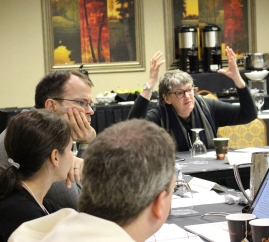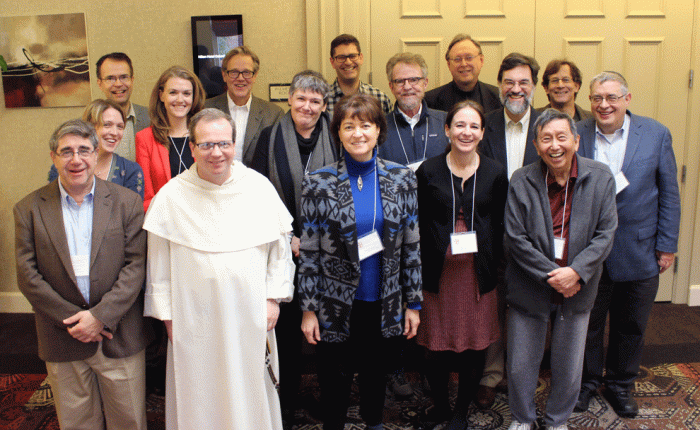We are very happy to announce a new book that will be of great interest to researchers, students, and general readers concerned with the many contemporary varieties and applications of virtue ethics: Varieties of Virtue Ethics, Edited by David Carr, James Arthur, and Kristján Kristjánsson, from Palgrave Macmillan (December 2016). Edited by two of our Project Scholars, David Carr and Kristján Kristjánsson, both at the University of Birmingham Jubilee Centre for Character and Virtues, the book explores recent developments in ethics of virtue, and includes three essays by scholars of the project Virtue, Happiness, and the Meaning of Life.
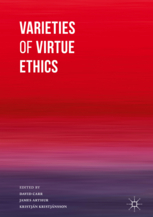
The collection acknowledges the Aristotelian roots of modern virtue ethics, with its emphasis on the moral importance of character, while also recognizing that more recent accounts of virtue have been shaped by many other influences, such as Aquinas, Hume, Nietzsche, Hegel and Marx, and Confucius and Lao-tzu. The authors examine the influence of virtue ethics on disciplines such as psychology, sociology and theology, and also look at the wider public, professional and educational implications of virtue ethics.
Essays in the volume include a chapter by our Virtue project scholars John Haldane, who is the J. Newton Rayzor Sr. Distinguished Chair in Philosophy at Baylor University, on “Virtue Ethics in the Medieval Period;” our Principal Investigator Candace Vogler, the David E. and Clara B. Stern Professor of Philosophy at the University of Chicago on “Virtue, the Common Good, and Self-Transcendence; ” Robert C. Roberts, Professor of Ethics and Emotion Theory at the Jubilee Centre for Character and Virtues, and a joint Chair with the Royal Institute of Philosophy, on “Varieties of Virtue Ethics;” and David Carr, Professor Emeritus, University of Edinburgh and Professor of Ethics and Education, University of Birmingham Jubilee Centre for Character and Virtues, on “Educating for the Wisdom of Virtue.”
For more information, including the table of contents, visit http://www.palgrave.com/us/book/9781137591760.
 This 2013 article by our scholar Kristján Kristjánsson has become the first in the British Journal of Educational Studies‘ history to exceed 10,000 downloads! Congratulations, Kristján!
This 2013 article by our scholar Kristján Kristjánsson has become the first in the British Journal of Educational Studies‘ history to exceed 10,000 downloads! Congratulations, Kristján!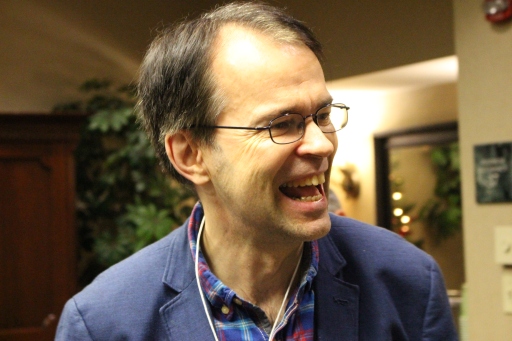

 Michael Gorman, Associate Professor of Philosophy, Catholic University of America is the author of Aquinas on the Metaphysics of the Hypostatic Union, June 2017, Cambridge University Press.
Michael Gorman, Associate Professor of Philosophy, Catholic University of America is the author of Aquinas on the Metaphysics of the Hypostatic Union, June 2017, Cambridge University Press.
 Owen Flanagan, James B. Duke Professor of Philosophy and Professor of Neurobiology at Duke University is the author of The Geography of Morals: Varieties of Moral Possibility, Oxford University Press, 2017 and co-editor of The Moral Psychology of Anger, forthcoming from Rowman and Littlefield.
Owen Flanagan, James B. Duke Professor of Philosophy and Professor of Neurobiology at Duke University is the author of The Geography of Morals: Varieties of Moral Possibility, Oxford University Press, 2017 and co-editor of The Moral Psychology of Anger, forthcoming from Rowman and Littlefield.










